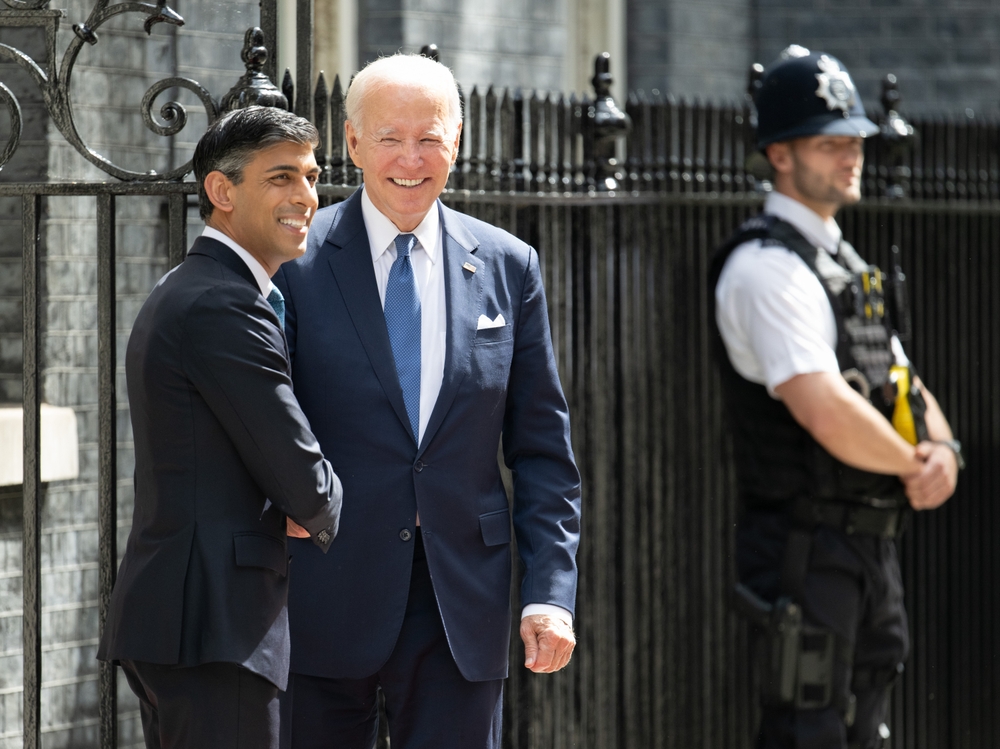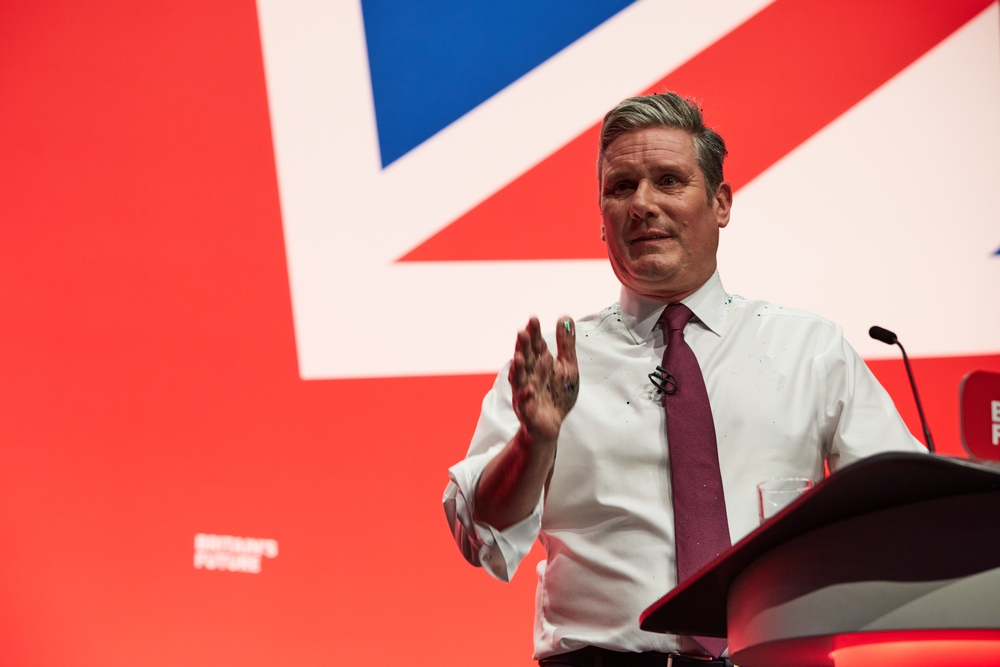
As campaigning for the local elections reaches its climax, one particular poll finding has caught my eye. A ComRes poll for the Independent conducted last weekend found 58 per cent of voters saying the government’s economic plan has failed, and so it will be time for a change of government in 2015. The Independent described this as a boost for Labour, but my reaction was different. “58 per cent”, I thought. “Is that all?”
The poll also found people all but evenly divided over whether, at the next election, the Conservatives “should be given the chance by voters of finishing the job of restoring Britain’s economic prospects” (44%) or not (46%). The wording of the question is quite friendly to the Tories, with the implied acceptance that the job of restoring economic prospects is underway, but even so: if this constitutes a boost for Labour, the narrowing polls must have made Ed Miliband’s party even gloomier than we thought.
In midterm, with the economy as it is, for only a bare majority to say it will soon be time for a change of government hardly suggests the Opposition is about to take the country by storm. Three months before the 2010 election, the proportion of voters saying it was time for change reached 82 per cent. As I concluded in Minority Verdict, the explanation for the election result lay in the chasm between this figure and the 37 per cent who ultimately voted Conservative.
One of the most important tasks for an Opposition is to show that the change people want and the change it is offering are the same thing. In today’s cynical age, and given the continued erosion of two-party dominance, this is hard enough even when the desire for change is overwhelming. If people are no more than lukewarm about even the need for change, the job is even tougher.
These figures only offer so much comfort to the Conservatives. Skewed constituency boundaries mean Labour need a much lower share of the vote to win than we do. The bulk of the coalition’s cuts are still to come. And a single bad radio interview for Miliband only matters so much in the great scheme of things.
A Conservative majority looks a long way off. But if I were Ed, I would expect to be doing rather better by now. He is not regarded as a more credible candidate for Prime Minister, and his party continues to trail on the economy, the dominant issue of the day. We have a coalition government, and there is little clamour for change. The logic may depressing, but it’s inescapable.


